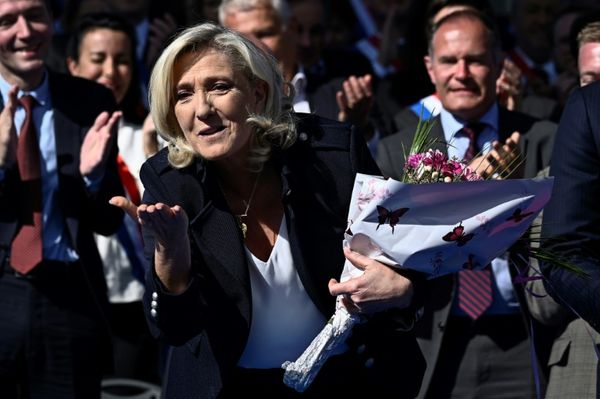As election year opens, Michelle Grattan speaks with Tanya Plibersek, Labor’s spokeswoman on education and women, about the opposition’s agenda in these two critical areas.
Violence against women is one of our society’s most pressing and intractable issues, and front and centre for Plibersek, who says there is a way to do better.
“We do know so much about what we can do to reduce risks of violence in interpersonal relationships. And of course, it starts with our youngest Australians,” she says. We “need to rely much more on parents to model healthy relationships in the home.”
“It disturbs me that the rates … of domestic violence don’t seem to be coming down and in fact, one of the few areas of crime where statistics continue to go up are areas like sexual assault. So we need to do better at prevention. We need to do better at policing and in our justice system.”
Despite these negatives, Plibersek sees last year’s March4Justice and increased public and media awareness as signs “things are changing, that our society is changing in a way that is, I hope, unstoppable.”
On education, Plibersek talks through the detail of Anthony Albanese’s announcement of $440 million for schools for improvements such as better ventilation and also for mental health and wellbeing initiatives for kids, so hard hit during the pandemic.
As university fees are set to rise for many students this year, Plibersek has said that under a Labor government Australians can expect “a commitment to a fundamental overhaul of our university sector”.
She says she wants to “make sure that every young Australian who is prepared to work hard and study hard can get a place at university and that no one’s discouraged because of the fees”. But although highly critical of the government’s controversial new fees structure Plibersek cannot give a commitment a Labor government would change it quickly. That would need to be worked through with the universities, she says.
Michelle Grattan does not work for, consult, own shares in or receive funding from any company or organization that would benefit from this article, and has disclosed no relevant affiliations beyond their academic appointment.
This article was originally published on The Conversation. Read the original article.







